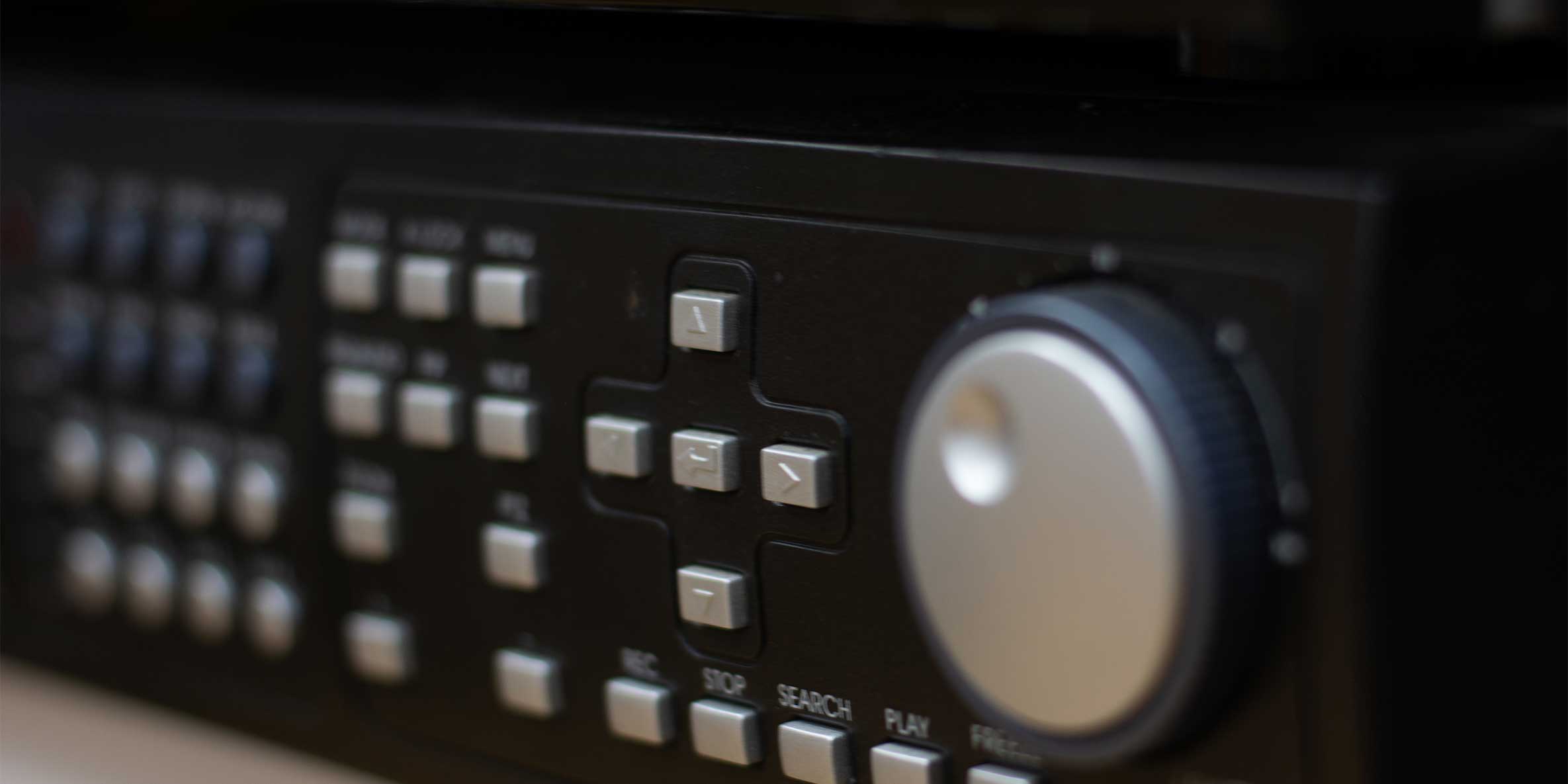Did you know an average 127 devices connect to the Internet every second? That’s 457,200 new devices every hour.
Internet of Things (IoT) technology has transformed the way we do business. Companies use IoT to collect actionable data for a variety of uses, including preventative maintenance for business software and automatic product upgrades and updates.
However, with more technology, there’s always an increased risk of cyber attack. Below, we explain IoT, its impact on data security and solutions to keep your business safe from hackers.
The Impact of IoT on Data Security
IoT refers to the growing network of devices that collect and share data through the Internet. Whether it’s a light bulb that functions through a smartphone app or the smart lock on your office door, you produce data every time you use a connected device.
As companies increasingly use IoT devices to generate and host data, there are more targets for hackers to exploit, gaining access to sensitive business information. This can be due to a lack of industry standards when it comes to built-in device security. IoT device manufacturers are not required to build products to meet minimum security thresholds, which makes IoT devices a prime target for cyber criminals. Always look for vendors that manufacture products with security in mind.
How to Secure IoT Devices
Your business data is extremely desirable to hackers. Financial data, employee records and consumer payment information are all valued documents they can exploit. Consider the following tips to keep your IoT devices and data secure:
- Conduct regular maintenance on IoT devices, including patching and upgrading.
- Consult with your IT department to manage workplace IoT devices and who has access to those devices.
- Contact an expert security provider who has experience securing businesses from cyber attacks.
- Disable unnecessary features, like automatic Bluetooth or Wi-Fi connection, on IoT devices.
- Implement a managed firewall, and utilize an intrusion detection system (IDS).
- If your business allows employees to bring their own devices (BYOD), impose a BYOD policy to ensure all devices are secured and maintained.
- Isolate IoT devices to a secondary network if possible. Separate networks or virtual local area networks (VLANS) can keep hackers off of your primary data network.
- Mandate best practices for password management.
- Search for vendors that provide IoT products with security in mind. Before making any purchases, ensure products can encrypt network communications, enable password/passcode protection and regularly release updates.
- Set a clear cyber security policy, and continuously revise it. Technology is constantly evolving, so your security policy should be no different. Update your policy every time you implement a new IoT device into your strategy.
We understand IoT devices can help your business work more efficiently, but you need to protect your business from risks. Contact a trusted security expert to keep your data and business secure.



